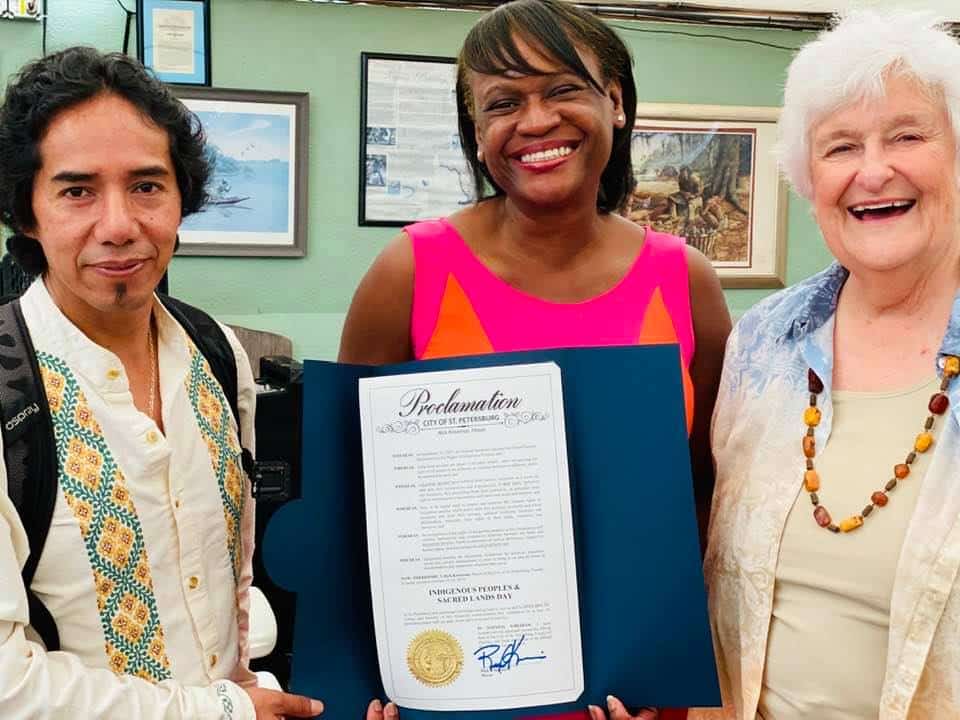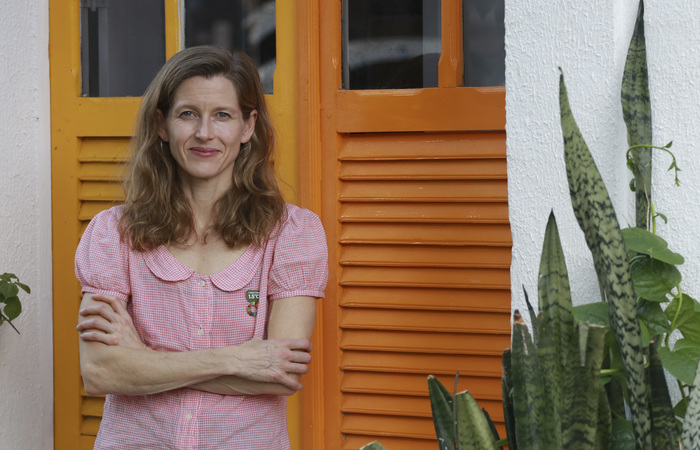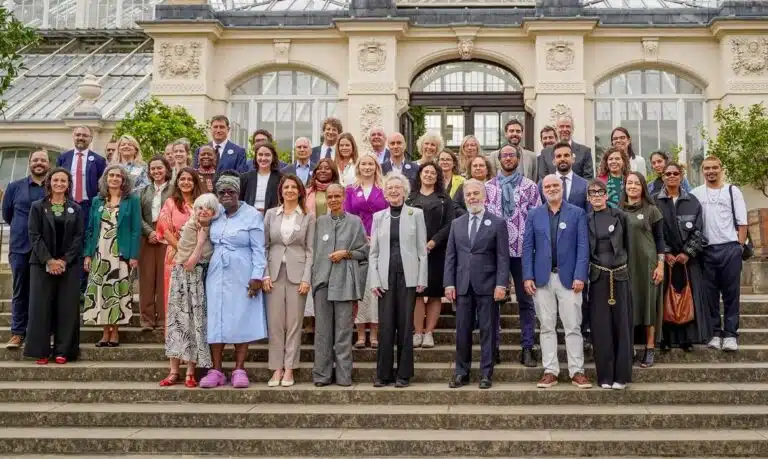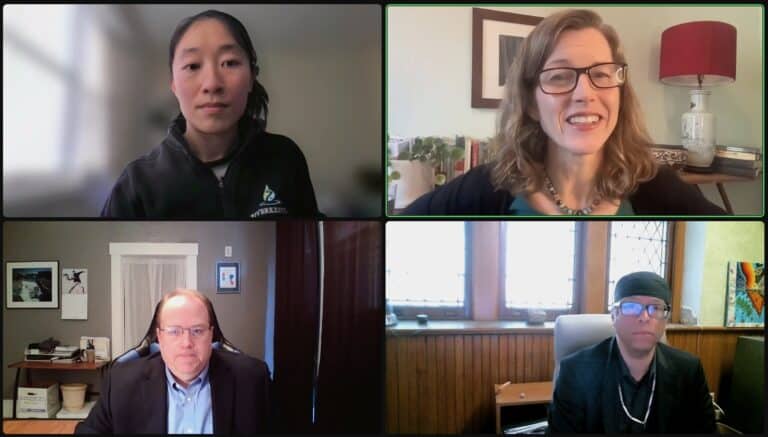Doctrine of Discovery
The Doctrine of Discovery refers to a system of beliefs and a legal doctrine that are traced back to 15th-century papal bulls that gave permission for Christian colonizers to “invade, capture, subdue and vanquish all pagans and Saracens” who were seen as enemies of Christ. As a result the lands and possessions of Indigenous peoples were seized and slavery was authorized in perpetuity. These beliefs, reinforced by a “theology of domination” declaring humans to have dominion over the earth and all its creatures have led us down a dangerous path, resulting in the genocide of Indigenous peoples across the globe, enslavement, exploitation and the degradation of our planet. We have the power and the responsibility to examine the truth of these ideologies and correct our course.
The Center for Earth Ethics has been an active player in the global movement to confront the devastating impacts of the Doctrine of Discovery and urge the Vatican to officially repudiate it.
Our Work
Mindahi Bastida presented a letter to Pope Francis asking him to support Indigenous peoples’ efforts to protect and restore sacred sites, repatriate stolen artifacts and rescind the historical papal bulls.
CEE field education student Petra Thombs mobilized an effort to engage and educate the Union Theological Seminary community on the Doctrine of Discovery, resulting in a letter to the Vatican signed by UTS President Serene Jones.
Healing Intergenerational Trauma
& Changing Policy
In a multi-year relationship, CEE worked with community members in St. Petersburg, Florida. In 2019, CEE’s Mindahi Bastida joined them to celebrate the city’s proclamation of its first Indigenous People’s Day. He facilitated a community conversation on Indigenous peoples’ rights, the consequences of the Doctrine of Discovery, and original caretakers’ wisdom, history and connection to the land.
The ongoing impacts of the Doctrine of Discovery...
On World Environment Day 2020, Karenna Gore reflecting on the theology of domination that has long justified the exploitation of both people and the planet.
“In the mid 15th century, the Vatican issued papal bulls stating that European explorers were on a mission for Christianity to “subdue” the Americas and Africa. These bulls explicitly stated that the people in those lands were part of the flora and fauna. This dehumanizing thought system later became enshrined in law as the ‘Doctrine of Discovery’ which was used to justify the taking of land from Native American peoples…As many Native American and Black voices have pointed out, ecological, racial and economic issues have always been intertwined.”










